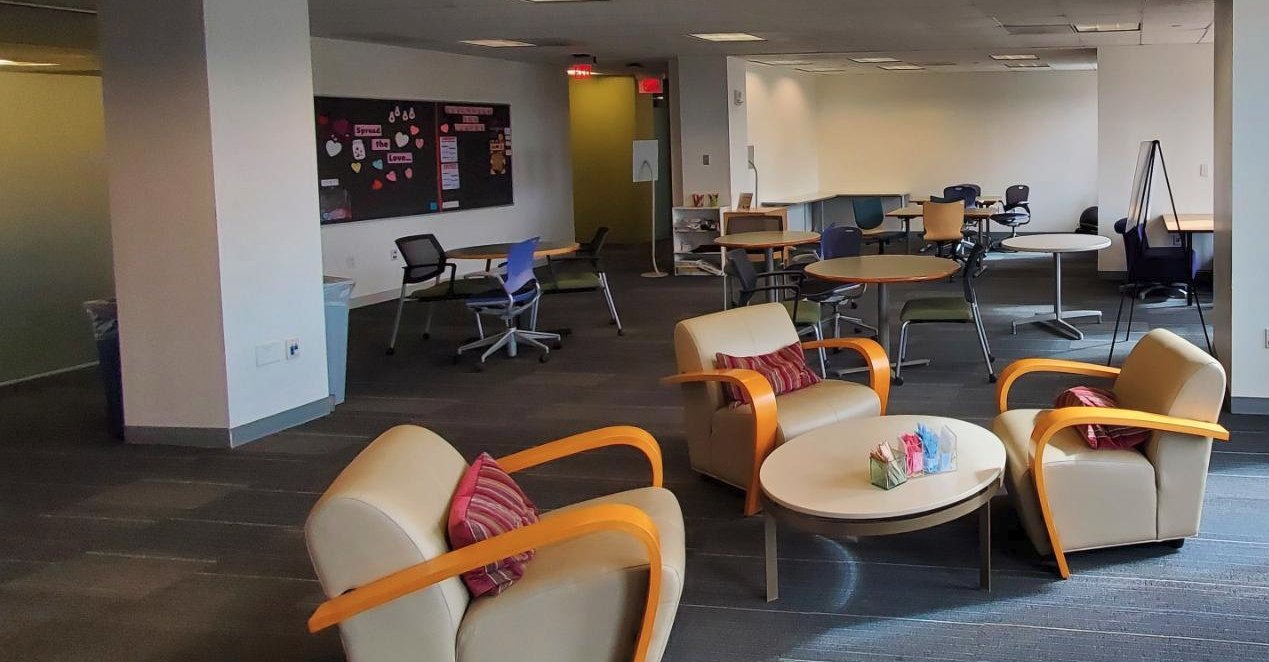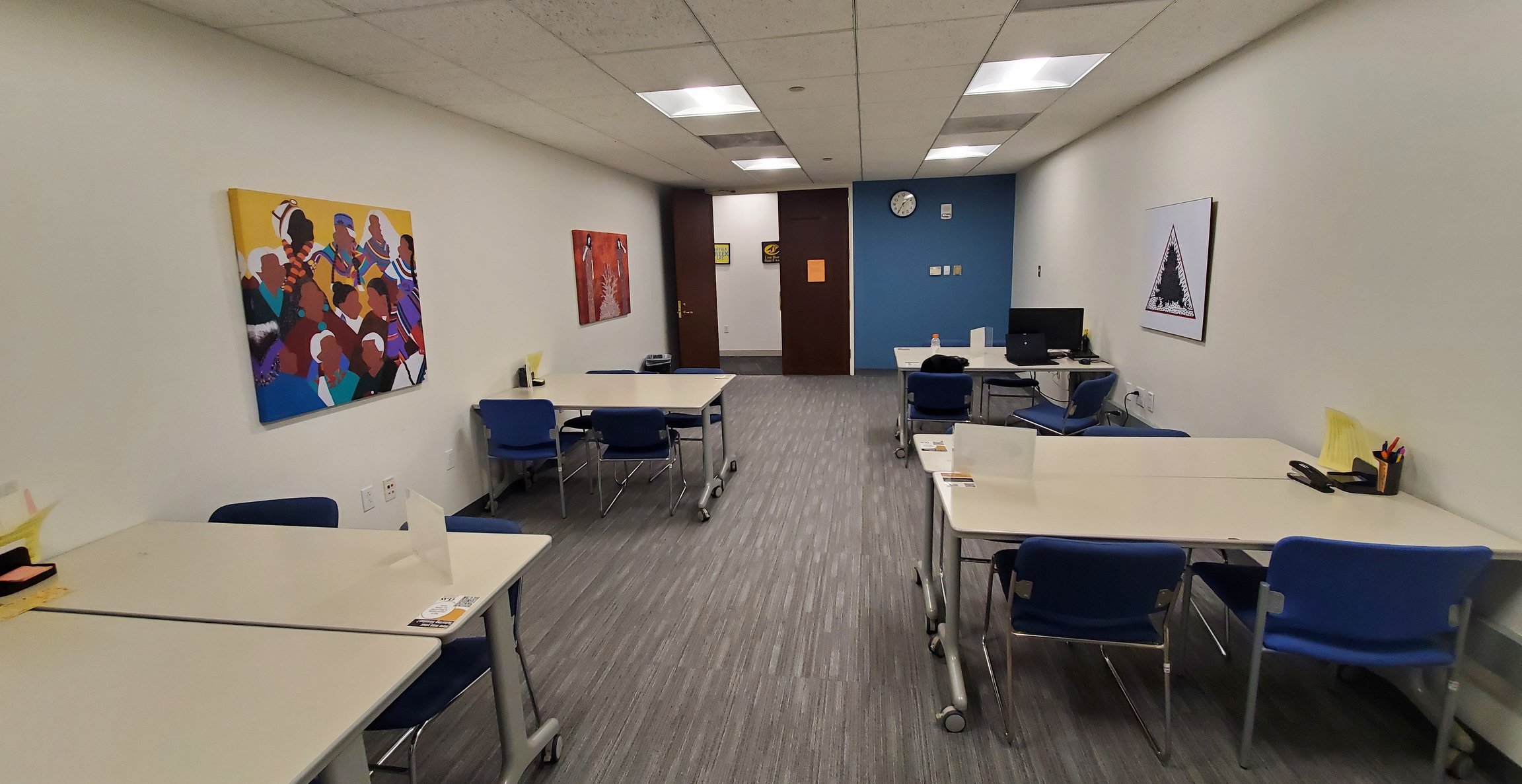I wasn’t expecting to become a writing tutor in my second year of college, it just happened. I impressed an English professor with my gen-ed writing coursework and she offered me the position. Before I knew it I was making $9/hr helping my peers write better. On a stormy Florida afternoon in a dim tutoring lab, one student questioned why I – a math major – was helping them with writing. Fair question… I don’t know, I didn’t seek out the position, it was handed to me.
Graduation came and went, and I carved out a spot for myself in the tech industry in Boston first and then overseas in Berlin. But only a handful of years passed until I fell off the cybertruck. Disillusioned at my day-to-day life, I wanted a job like tutoring again: it brought out the best in me in a myriad of dimensions that code never could.
Now, I work as a “professional tutor” for 20 courses at a university, and in practice I am a coach, counselor, brain-for-hire, educator, problem-solver, advisor, and solutions engineer – all the right kind of work for someone like me, who is motivated by humanism, creativity and inspiration.

Every time we have a ’new tutor orientation’ event, the same concerns arise. “What should I do if I can’t help a student with their problem?” “How do I handle tutoring anxiety?” “I’m worried that a student will show up with a problem I can’t solve.”
And that’s when I realize that we’ve hired the right group of people for this job. They are already considering the act of “helping” to be a necessary ingredient of the tutoring experience, a concrete part of the gig itself. If we hired people who said “if I can’t help the student, I’ll just run out the clock by chatting with them about sports”, we wouldn’t have a great tutoring center. Being anxious about tutoring seems to correlate with being a successful tutor, because those people are sensitive and nervous about their ability to help the student right in front of them. Therefore they’ll work that extra amount to prepare for appointments and make sure they make an impact. They actually care to do the job well.
AI will replace a lot of tutors. I’m not as much worried about keeping my job as I am worried for the world keeping its sanity and connection to the human experience. ChatGPT is already making short work of me real-time during tutoring sessions. But what’s more saddening is that AI is providing the tools for the human experience itself to lose its enchantment. We are careening down into a cold world of digital capture, one that is worse than the dystopia of The Matrix because we will be fully awake to witness it. A slip down into the world of chatbots makes humans themselves seem slow, disengaged, imprecise, and finicky to work with. The value of a human is declining. The value of the human experience of each other is declining even faster.
What will really be lost from the impacts of AI is beyond words – it’s the loss of face-to-face human presence with all its effects and puzzles – the sharing of personality, the chatter of anecdotes, a soul across the table to advise, console, level with in managing frustration and fears – and the inspiration from such for character development. The soul burns brightest when it lives and relives shared emotions. The small signals of the mind that judge body language and tone will be silent, the tiny spices of culture, personality and individuality lose their zest. Lost to a robotic Q&A response on an iPad. The dynamic life and randomness of an hour frozen in time – killed and placed into a bullet list.
All the subtle facets of human life that arise from the simultaneous witnessing and experiencing of reality together – all that I know so well yet put no words to – now I wonder if they need documentation to not be forgotten. A pen moved by a machine does not produce handwriting. The pen I hold is a paintbrush and my letters tell a story deeper than the words they form. The paper flourishes with identity and character. A left-handed person is a rarity – “put that on your resume for sure – it’s unique”.
The cadence in my voice shifting is a hint of comical relief as I switch from a joke to a serious remark about an algebra mistake. A pin on the shirt slices a fork in the road before me. “It’s from Switzerland… I travelled with a backpack and didn’t want to buy large souvenirs”. I gave up trying to do so much math on 8.5x11 paper and we walked over to a huddle room to use the big whiteboard. EXPO markers and 20 square feet of gleaming flat suspended emptiness still struggled to contain statistical Venn Diagrams. “Your turn… good luck finding a working marker”.

“Just kidding, take mine…”. A clock ticks rapidly, then slowly, in the background as the markers squeak and minds bend to interpret symbols and functions, warping time. I make up a probability problem about people liking ice cream, what percent of them is the question asking for again? Well who doesn’t like ice cream, anyway?
In between the clock ticking, there is no ticking. There is no movement. It silently waits to fire again, to exert itself back into spacetime. In between my heartbeats I hear the loud, messy cosmos of my headspace, a universe of shifting social cues, firing neurons and human creative flavor boiling, slicing, snaking through a labyrinth of logic, preparing, observing, seeking, wondering, imagining, solving and sending signals, emotions, words, cues, languages out into spacetime continuously as something we collectively agree on as consciousness, reality, existence.
For a moment I am a chameleon, hiding judgment and blending in to match character traits so that the person across the table opens up more. To let someone get their bearings and secure their footing in their own head is to provide support itself. My words provide haptic feedback for the other’s headspace to show them the right track.
Was I helpful? To teach solving the problems, of course. But my footprint is a whirlwind of aspects beyond that – how well I connected to the person in front of me, how inspired they feel to solve problems on their own now, yes, but also how they feel in the world knowing that they are not alone, how I tried to quell their internal existential chaos through humor, concern and authentic humanness.
“Why is it considered progress to render ourselves obsolete?” 15:14
Best,
Daniel